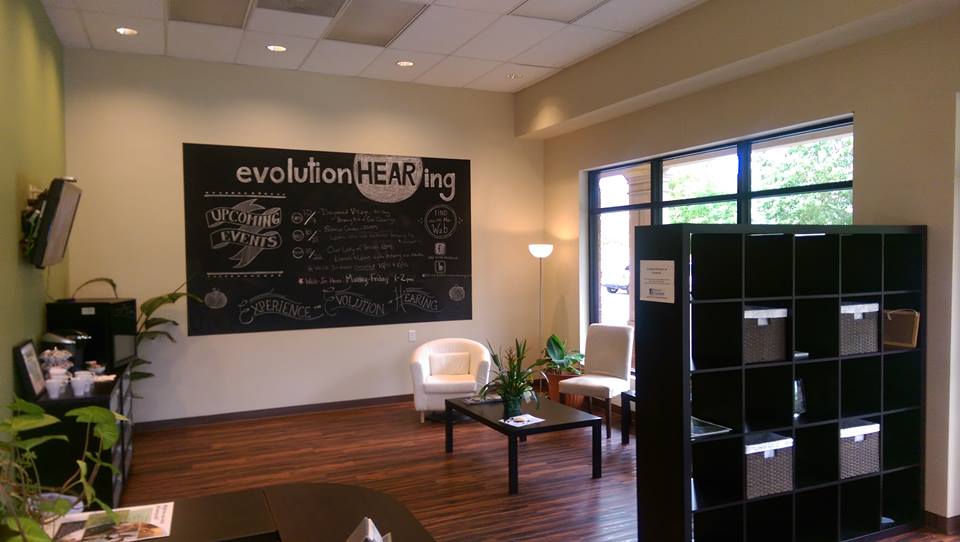Hearing Loss has types and degrees, out of which the most common one is high-frequency or high pitch hearing loss. The high-frequency hearing loss is between 2000 Hz to 8000 Hz and decreased acuity in high-frequency range is the first sign of hearing loss. The hearing tests and its results will be explained by audiologists using audiograms. An audiogram is a graph that displays how well you hear at each frequency, or pitch, which is important for speech understanding.
A hearing professional tests hearing between 250Hz to 8000Hz. An audiogram for high-frequency hearing loss shows hearing within the range of normal from 250 Hz – 1500 Hz, with results falling outside the range for normal hearing around 2000 Hz.
Challenge to understand speech
An individual with high-frequency hearing loss has difficulty in understanding the speech with a high pitch such as of women and children and birds or the doorbell. Talking to family and friends over the telephone could be equally challenging. High frequencies help with speech understanding, because fricative sounds like S, H, and F are high in pitch. When hearing in the low frequencies is normal, also, hearing the loudness is normal and vowel sounds can still be heard easily. What is not easy is to make out important high-frequency consonant sounds.
The tiny hair cells at the base of cochlea process incoming sounds from external sources. Hair cells in the cochlea can be damaged by a number of factors, like noise, age, ototoxic medications and disease. Age-related hearing loss and noise-induced hearing loss often affect the high frequencies first rather than lower frequency.
Hearing aids could help
Hearing aids are misunderstood treatment. Hearing aids are the better option for the people who opt not to wear them. Custom hearing aids are available that suits your lifestyle, personality and budget. There are many options available to correct high-frequency hearing loss all you need to do is to ask your hearing professional.
Contact Evolution Hearing and meet with the best audiologist in Raleigh who will assist you with every hearing issue.



